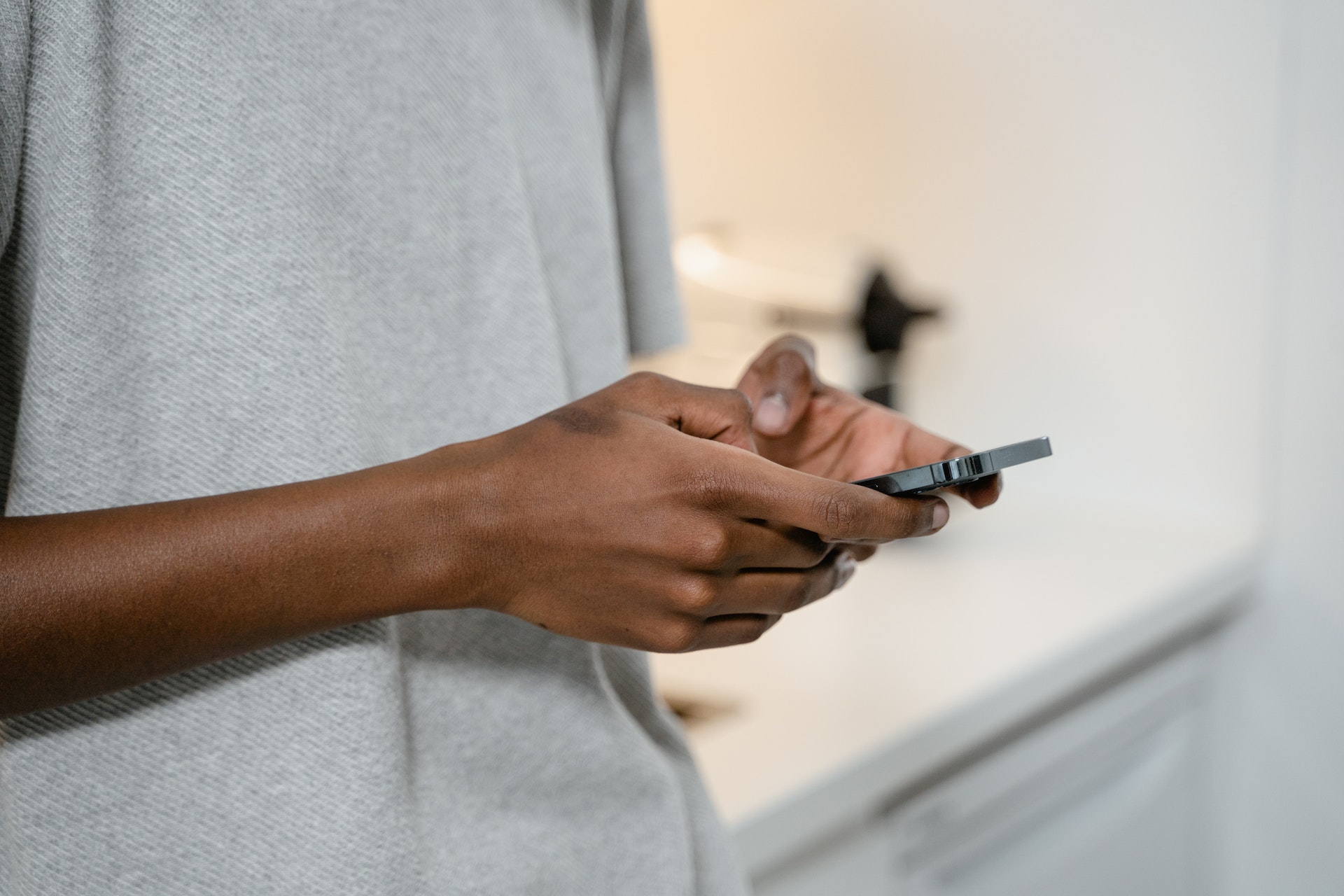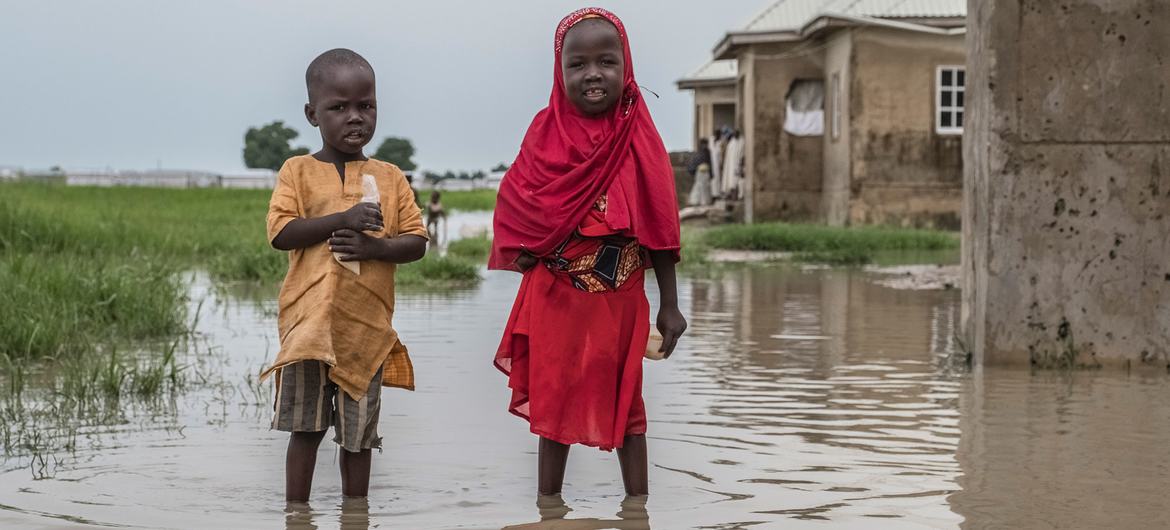The presidential campaign of Peter Obi is gathering momentum. The Labour Party nominee and former governor of Anambra state is popular among young people and dissatisfied elites across the country, writes Uche Igwe, and that may be enough for victory.
Peter Obi’s promises of wide-ranging reforms, especially in the power sector and his commitment to revamping Africa’s biggest ailing economy are resonating with local citizens and Nigeria’s substantial diaspora. In the last presidential elections in 2019, his party was only able to score 5,074 votes nationwide. Rival politicians insist that he lacks the structure to win the election and dismiss him as a mere spoiler.
Yet the Labour Party candidate appears resolute, energetic, and fired up. He is traversing the country and boldly asking voters to elect him based on a cocktail of his character, competence, and compassion. His message of prudence and accountability has energised voters across ethnic and religious divides, and Nigeria’s former President Olusegun Obasanjo has endorsed Peter Obi in a widely circulated open letter insisting he has what it takes to resolve Nigeria’s problems.
A tricky path to victory
To win the election, a candidate must gain the highest number of total votes, and 25 per cent of the votes in 24 (two-thirds) of the states across the country. Nigeria’s ruling party the All Progressives Congress (APC) currently holds the governorships of 22 out of 36 states.
Nigeria is a complex and diverse country, one where winning elections often involves a vast financial war chest which can be used to lubricate alliances of loyalty and patronage. Although Peter Obi claims to be richer than the President of the United States, he does not have the campaign resources of the other parties.
Ultimately, to win, the candidate in question needs to command more grassroots popularity, and this is where the ruling party is lacking. Their candidate, Bola Ahmed Tinubu appears unperturbed about this. He deployed extensive resources to emerge as his party’s preferred candidate, during the primary and is said to have sufficient funds to induce the electorate to favour his party in the coming weeks, so says a whistle-blower, which may make Obi’s route to power all the trickier. With deepening poverty, studies have shown that more than 26 per cent of voters may likely sell their votes in exchange for money.
The Obidient movement
What Obi lacks in financial backing, he makes up for in popular support. Obi’s supporters have coalesed into the “Obidient” movement. The movement is made of young, vibrant, media-savvy volunteers, including many Nigerians in the diaspora. The movement is bubbling with enthusiasm for change and is driven by a shared passion. Volunteers contribute their resources to conduct civic education activities and attend campaign rallies. Participants see the platform as one that can be used to amplify their voices which have been excluded in the past.
The determination of these young people is a credible threat to the status quo. However, many politicians still dismiss the movement as hot air that is not sufficiently grounded in the realities of winning power. While Obi remains the symbol of the movement, the energy propelling it seems to come from the collective feeling of frustration at the ongoing decay and bad governance in the country. Obi has promised to introduce solutions that will help fix issues like unemployment, exchange rate volatility, inflation, insecurity as well as perennial fuel shortages plaguing the country.
The Christian ticket
Religion is a very sensitive issue in Nigeria and remains one of the bases for political mobilisation. Christianity and Islam are equitably represented in the country, with a majority of Christians living in the south and Muslims living in the north. In other to achieve inclusion and balance, the two highest positions of the land usually represent both faiths.
In this election, the ruling APC party are running a single-faith ticket. Its leader and presidential candidate Bola Tinubu and his running mate Kashim Shettima are both Muslim. This sparked stiff opposition even within the party. Many Christian leaders voiced disapproval of the decision, and others quietly started mobilising support for the opposition. As the only Christian among the three top contenders for the presidency, Peter Obi may benefit from block votes of Christians nationwide. Going by available statistics, that could be a huge advantage.
Are we heading for a runoff?
With the elections fast approaching, the outlook remains rather hazy and it is difficult to predict a straight victory for any of the top three candidates in the first round of voting. That means that it is likely that no candidate will win the highest number of votes as well as 25 per cent in 24 out of 26 states. The projection is that despite their unpopularity, the ruling party may gather enough votes to give them the required 25 per cent of votes in at least fifteen states. However, it is unclear if they will have the numbers to win the election.
The Labour Party is expected to win massively in the southeast, south-south and north-central regions including Taraba and the Federal Capital Territory totalling at least eighteen states. Obi is expected to have a good outing in Lagos but may not win and will likely encroach into Oyo, Ogun, Ekiti, Bauchi, Sokoto, southern Kaduna and southern Bornu. With all these, the probability of a spread across the required 24 states for him to be elected in the first round is possible but uncertain.
At this moment in time, it looks like we are heading for a runoff, where the top two candidates will face each other in a fresh campaign. But it is still all to play for the candidates who want to come out on top at the polls on 25 February.
Photo credit: GPA photo archive used with permission CC BY-NC 2.0






Good read. Apt and true reflection but should also be cautious considering the established political tradition and issues of ethnicity, institutional support and elite consensus.